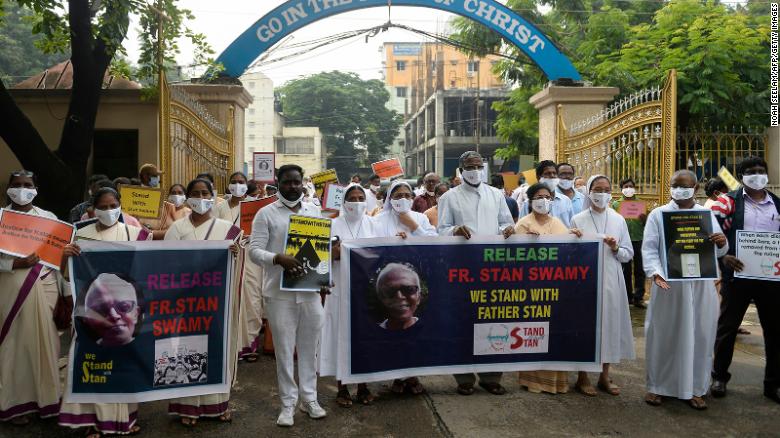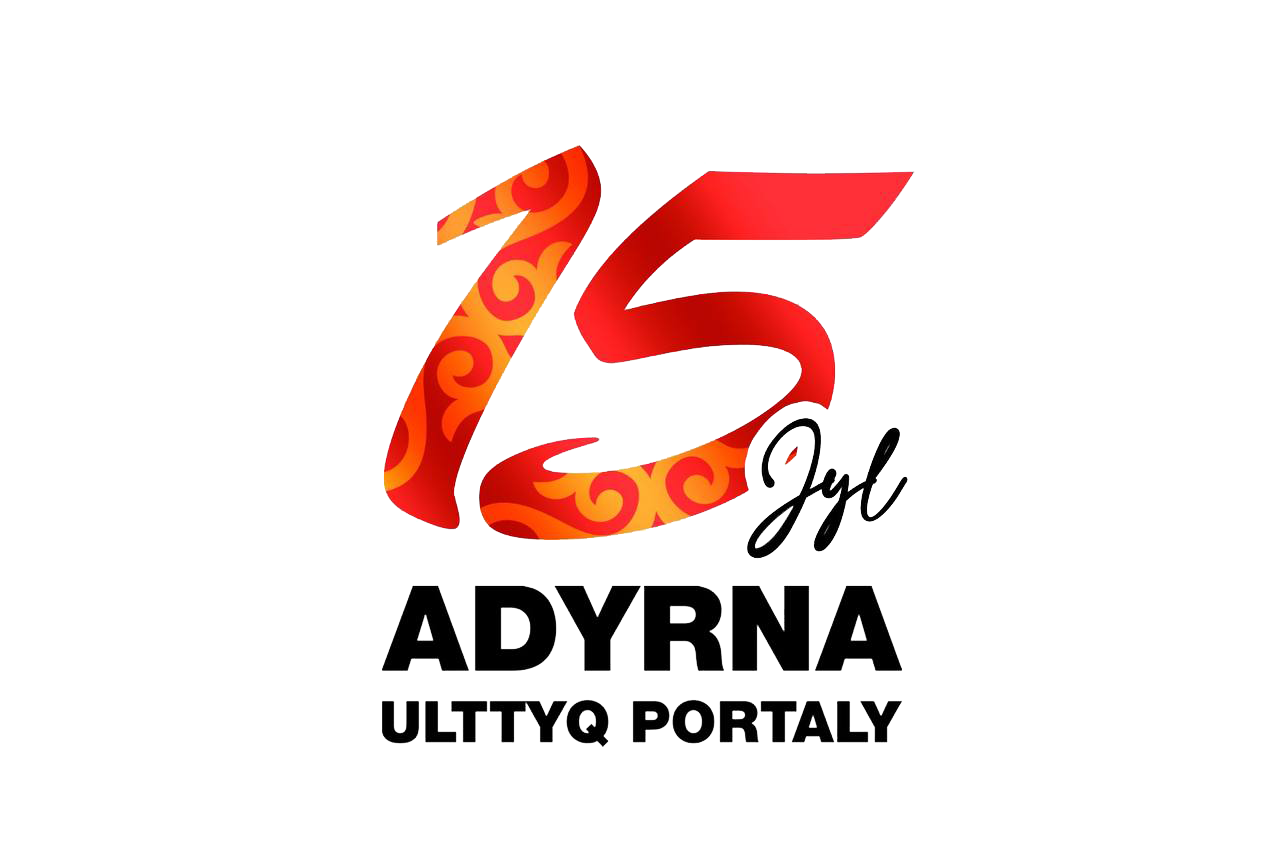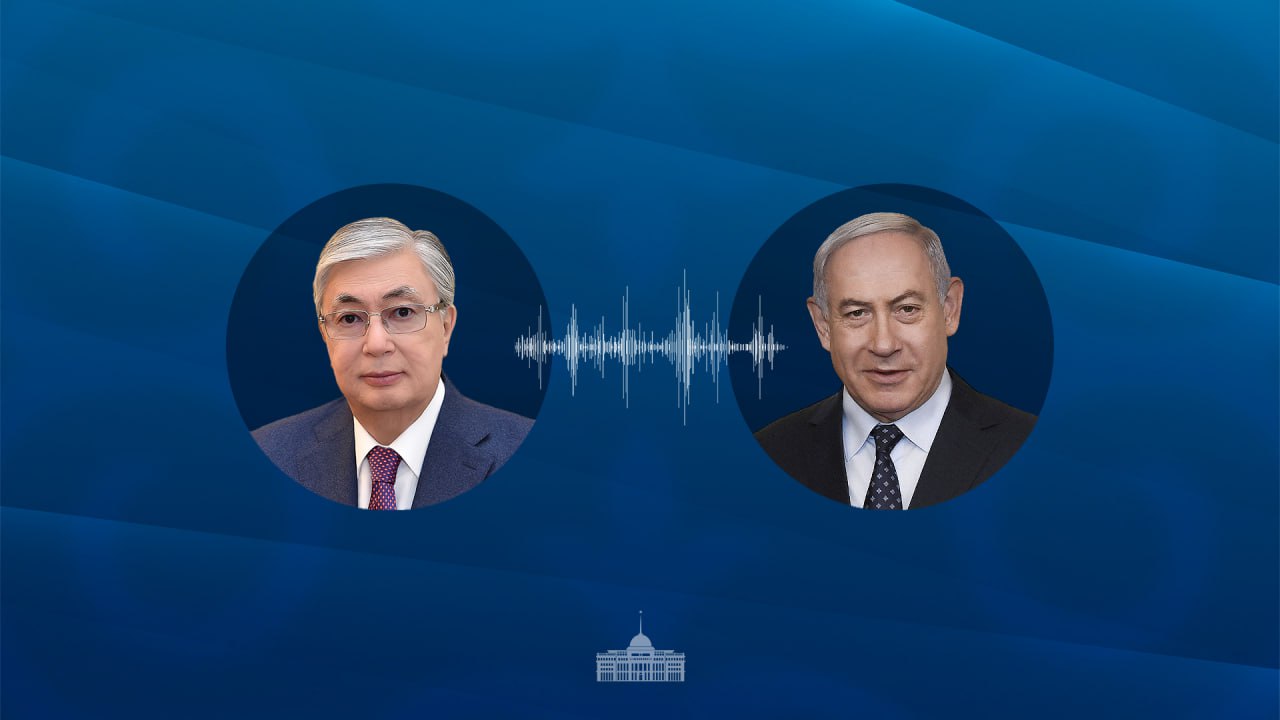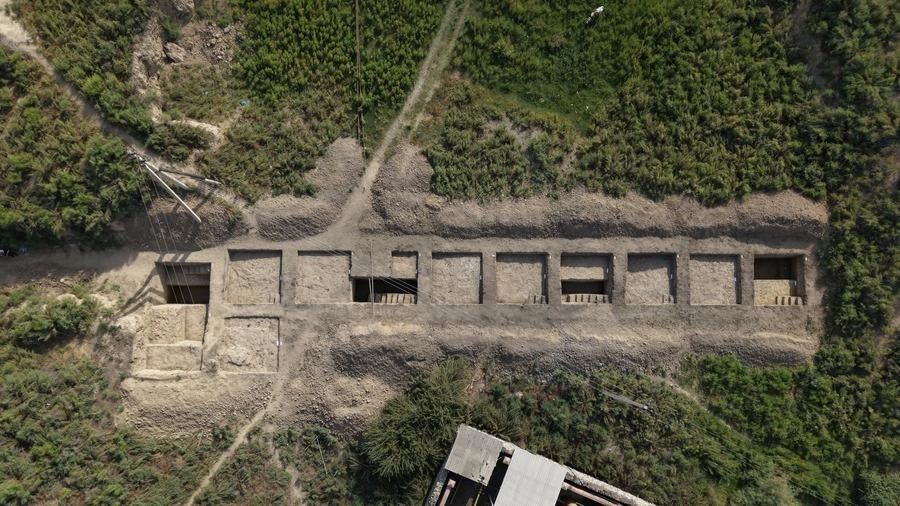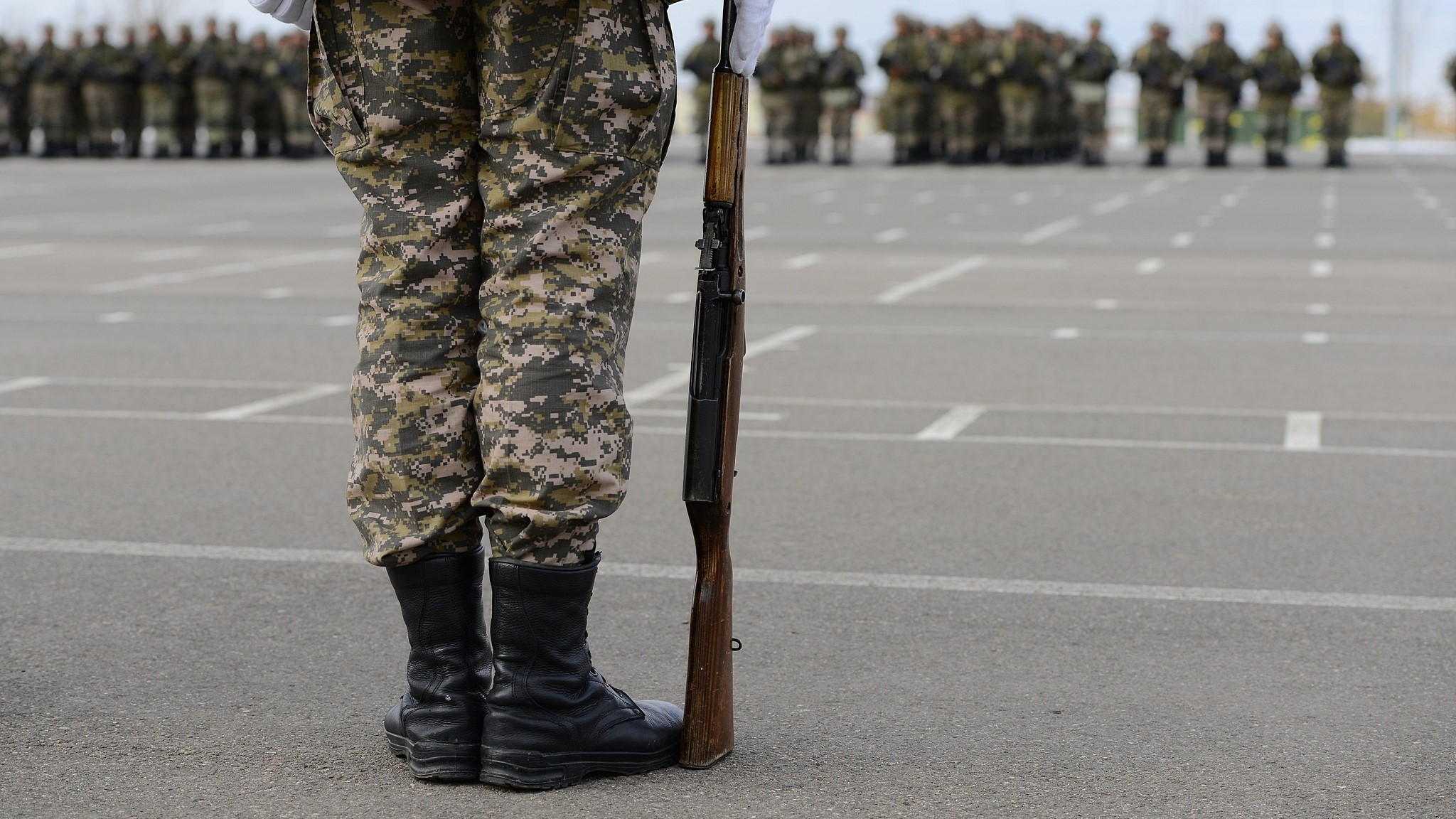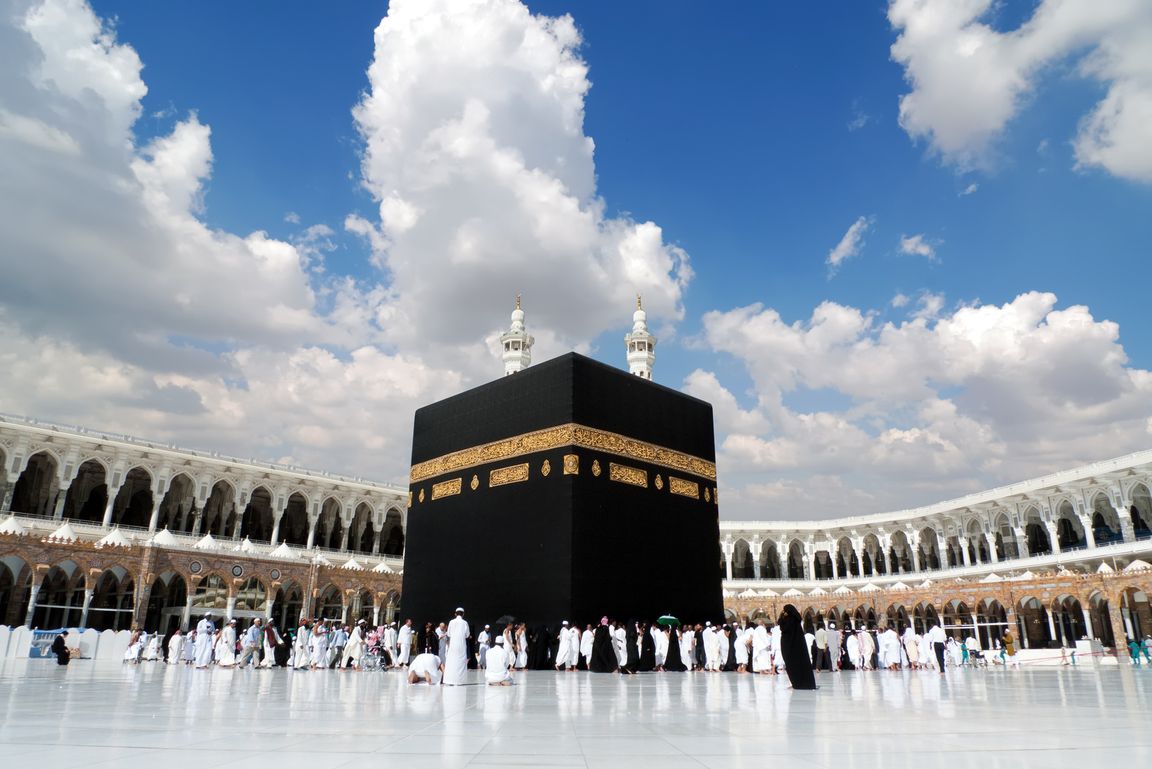New Delhi (CNN)The death in India of an octogenarian human rights activist who was denied bail even as his health deteriorated in prison has sparked anger across the country, with critics decrying the government's alleged misuse of anti-terrorism laws.
Jesuit priest Stan Swamy died age 84 on Monday at the Holy Family Hospital in a Mumbai suburb after suffering cardiac arrest, his doctor told the Bombay High Court later that day. The court was hearing an urgent plea for bail on medical grounds, which Swamy was earlier denied in March.
Swamy was living with Parkinson's Disease and had recently contracted Covid-19 in prison. At a hearing for his bail application in May, the court noted Swamy had a "severe hearing problem" and was "physically very weak."
For decades, he fought for the human rights of India's marginalized and indigenous groups, speaking and writing in depth about caste-based injustices.
India's caste system was officially abolished in 1950, but the 2,000-year-old social hierarchy imposed on people by birth still exists in many aspects of life. The caste system categorizes Hindus at birth, defining their place in society, what jobs they can do and who they can marry.
In October last year, Swamy was arrested and charged under the country's anti-terrorism laws, which critics have described as draconian.
Swamy, along with 15 other activists and academics, was accused by authorities of being involved with a "banned terrorist organization" and for being co-conspirators in a 2018 violent incident, according to a statement by the country's anti-terrorism task force soon after his arrest.
In the incident, known as the Bhima Koregaon case, bloody clashes broke out between lower-caste and other regional groups in the state of Maharashtra.
Hundreds of thousands of Dalits -- who are ranked the lowest in India's caste-based system -- had gathered in the village of Bhima Koregaon to mark the 200th anniversary of a battle in which they, as part of the then-British colonial army, defeated an upper-caste ruler, when the violence broke out.
Authorities accused Swamy of having ties with the organization responsible for the violence, and allege that he had links to Maoist rebels, who are considered one of the country's biggest security threats. In a video recorded days before his arrest, Swamy denied all involvement and said he had never visited the location where the violence took place.
His arrest sparked outrage worldwide, prompting several opposition politicians, national and international rights groups to demand his release.
The article is from:(the full version is here)https://edition.cnn.com/2021/07/06/india/indian-jailed-activist-priest-death-intl-hnk/index.html



